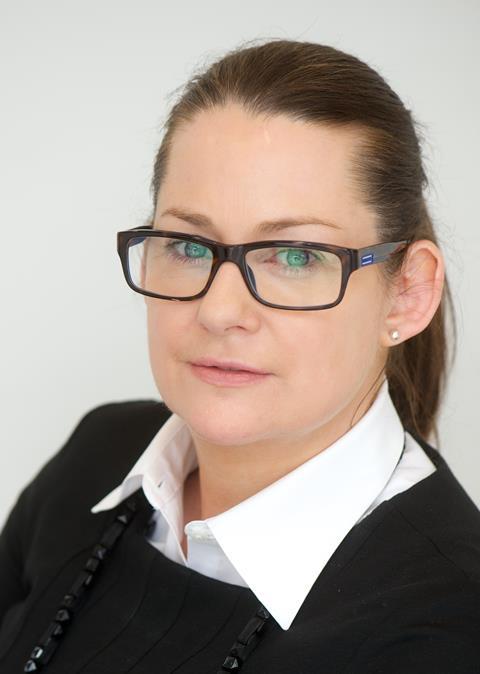The insurer’s UK managing director calls for greater teamwork between customers, brokers, (re)insurers to address today’s complex risks

Risk transfer should not be a zero-sum game – with one party’s gain being another party’s loss. It works best when individuals, teams, businesses or industries work together and, in the medium-term, everyone has a positive outcome.
Every generation believes the world has never been riskier – and that it faces a wave of risk that is unprecedented in its severity and unpredictability. I certainly do. Consuming any form of media is a sobering exercise. This week alone saw plunging oil prices – a double-edged sword that makes filling the car cheaper but delivers significant political or economic uncertainty in countries such as Russia. Additionally, there is the continued rise of the Islamic State, the situations in Iraq, Syria and Pakistan and the heightened reality of spontaneous and random acts of terrorism they inspire – such as the recent event in Sydney. In addition, there is the ongoing and horrifying spread of Ebola and the threat it may move beyond West Africa, as well as one of the most high-profile cyber attacks in recent memory on the Sony studio in Hollywood. The list goes on.
Perhaps what is genuinely new to the risk picture in the 21st century is the speed at which risk can move – in a world that is more interconnected than ever before, pandemics spread at the speed of jet aircraft, social media spreads calls to arms, or rumours and panic — almost at the speed of light. Technology is a blessing and a curse: hugely beneficial while rendering everyone vulnerable in ways that cannot even be imagined.
Being part of the solution
I am reassured however that although solutions can be found to these and other existing and emerging risks, collaboration will be essential, no single party can solve these issues alone. The chain that links anything is information – the data and insight that means it is possible to understand where risks lie and the possible consequences should the worst happen. Everyone – the customer, broker, (re)insurer – has part of the picture: where the risks are located, their size, the causes of claims, possible risk mitigation etc. However, to see the entire picture, it is vital to share, and technology is the channel that can make this happen.
From the insurer’s perspective, the ability to gather external data and combine this with the wealth of information that it holds – both locally and globally – provides a powerful tool for delivering a better, more efficient service that benefits the insurer’s customers and shareholders. It also means that it is important to be flexible in how insurers go to market to meet different client needs – whether that is through delegated underwriting or by putting more capital into underwriting catastrophic risks. So, as an industry, insurance should be well positioned to help lead that charge for greater co-operation.
Sharing risk and reward
UK insurance, particularly the London Market, has deep roots in the subscription market, in sharing risk and reward. Co-operation is at the heart of insurance. Ever since ships first set sail to discover the new world, the cost of those risks has been shared. With the potential losses from natural and man-made catastrophes increasing exponentially, so the need for an insurance market with the capacity and risk appetite to underwrite those risks is greater than ever.
London has always been the place where brokers came to get those risks placed because it offered the ability to syndicate risk and share it through reinsurance. Despite more local (re)insurance centres appearing around the world, it is unlikely that London’s pre-eminence in emerging and catastrophic risks will be threatened in the short term.
If anyone understands that the whole can be greater than the sum of the parts, then it should be those involved in risk transfer. It is their responsibility to work together on helping clients to deal with the uncertainty and unrest they face in their day-to-day business – whether that is providing them with risk mitigation tools and solutions, building constoria or capacity so they have access to sufficient capital, or ensuring that claims are paid as fast as possible.
Innovation
The challenge for insurers, and London in particular, is to recognise the increasingly dynamic environment in which customers operate. This is no small challenge as globalisation combined with increasing political instability and the relentless advance of technology are driving change. It is essential to be ahead of the game, rather than merely reacting. It requires collaboration between every part of the risk chain to gain a better understanding of the drivers of risk, as well as emerging risks and their probable effect on organisations. It means innovating to meet customers’ risk management needs.
Ultimately, developing more creative win: win solutions that genuinely add value for customers should be integral to everything insurers do. Historically, the London insurance market has been good at this. It now needs to get even better.
Jacqueline McNamee, UK managing director, AIG




















No comments yet